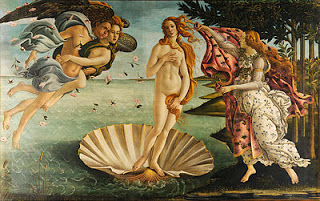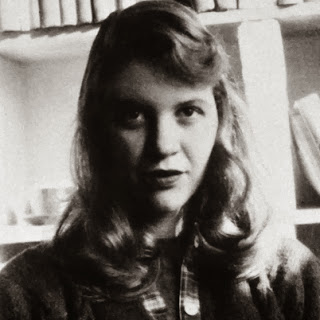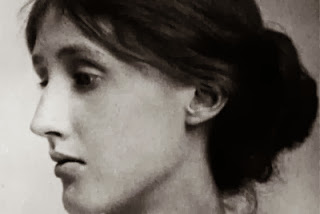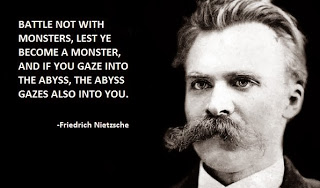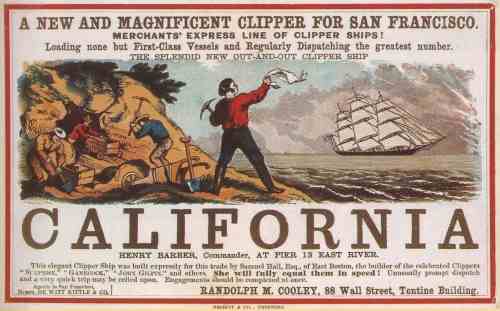Ever seen Sweet Smell of Success?
If you haven’t then you should: because, even though the film was shot
in 1957, it rings far too much, and far too loudly, in 2013.
In a nutshell, Sweet Smell of Success (directed
by Alexander Mackendrick from a script by the amazing Clifford Odets
and Ernest Lehman) is about the all-powerful columnist J.J. Hunsecker
(Burt Lancaster) – who can make or break anyone and anything he wants —
and the desperate press agent Sidney Falco (Tony Curtis), who loses
everything for trying to curry favor with Hunsecker for … well, that Sweet Smell of Success.
So
… 1957 to 2013. A lot’s changed, that’s for sure. But recently
rewatching this, one of my all-time favorite films, gave me a very
uncomfortable chill. But first a bit of history (stop that groaning):
you see, J.J. Hunsecker was based – more than thinly – on another
all-powerful columnist, the man who once said, about the who he was, and
the power he wielded as, ” I’m just a son of a bitch.”
There was even a word, created by Robert Heinlein of all people, to describe a person like this: winchell – for the man himself — Walter Winchell.
A
book, movie, star, politician – anyone who wanted success would do, and
frequently did, anything for both Walter and his fictional doppelganger
J.J. Hunsecker. Their power was absolute … even a rumor, a fraction
of a sentence could mean the difference between headlines and the morgue
of a dead career. As Hunsecker puts it to a poor entertainer who
crossed him: “You’re dead, son. Get yourself buried.”
Welcome
to 2012: we have iPhones, Ipads, Nooks, Kindle’s, 4G, Bluetooth,
Facebook, Twitter … in many ways we’re just a food pill away from
every futuristic fantasy ever put-to-pulp. But there’s a problem …
and it’s a big one.
I think it’s time to bring winchell back … not the man, of course, even if that were possible, but the word. Yes, a lot has changed from Walter and Sweet Smell of Success but, sadly, as the old cliché goes: “the more things change the more they stay the same.”
The
Internet has altered – quite literally – everything, but in many ways
the speed, and totality, of its change has made a lot of people, writers
to readers to just-plain-surfers, desperate for benchmarks: a place or
person to go to that, they hope, will be there in the morning.
For writers this often means an editor, site, or just another writer. In the ‘biz’ these people are called names:
meaning that mentioning by them seems to have a kind of rub-for-luck
power for other writers – with the ultimate prize being (gasp) noticed by
them. Sadly, this make-or-break mojo is occasionally true – though a
surprising large number of these “names” are only divine in their
twisted little minds.
I’ve
said it before and so, naturally, I have to say it again: writing
anything – smut to whatever you want to create – is damned hard work:
all of us writers put our heart and souls down on the digital page and
then send it out into a far-too-frequently uncaring digital universe.
No writer … let me say that again with vehement emphasis … is better than any other writer.
Sure, a few get paid more, have more books or stories published, but
the work involved is the same – as is their history: name any … well, name and you will see a person who, once upon a time, was sitting in the dark with nothing but hopes and dreams.
Which is why these … winchells give
me unpleasant flashbacks to Lancaster telling Curtis: “Son, I don’t
relish shooting a mosquito with an elephant gun, so why don’t you just
shuffle along?”
Honestly, I will get
to the point: never forget that what you are doing, as a writer, is
special and wonderful. Yeah, you might be rough around the edges; sure,
you may be years away from stepping out of the shadows and into the
blinding light of being (gasp) a name yourself; but you deserve respect.
I
have a simple rule. Okay, it might be a little harsh but it keeps me
going in the face of trying to get out there into the big, wide, and
far-too-uncaring world: ignore me and I ignore you.
Facebook
likes and comments, twitter responses, by the way, don’t count. That’s
not communication – at least not to me (not to sound like a crotchety
old man). If I write anyone – an editor, site, or just another writer –
and I don’t get an answer then I wish you into the cornfield. The same
goes with rude responses … like the writer who asked me to promote
her book. I said that I would if she’d promote mine as well. Quid pro quo, right? She never wrote back – not even after a few polite suggestions for mutual exposure … so I hope she likes popcorn.
Being
rude, not answering messages, playing the “are you a name? If not then
screw you” game: there is no reason for this behavior. Never!
Instead of trying to suck to up names or
support them and their sites with a pathetic fantasy that you, too, may
actually be seen by them, find some real, true, and good friends:
people who will hold your hand when it gets dark and scary; who will
bring you along no matter where they go; who understand the bumps in the
road because they, too, are on the same path; who will understand
kindness but also karma – that good begets good.
Being a winchell may taste good, at first: being able to consider yourself better than other writers, to associate with other names in
the business, to be able to make – or break – anyone who want for
whatever reason you have … but there’s a great Hollywood expression
that rings in my head just as loudly as any line from Sweet Smell of Success:
Always
be nice to the people you meet on the way up, because those are the
very same people you’ll be meeting on the way back down.
In closing, remember that anyone, anywhere – name or
not — who doesn’t treat you with at least professional equality,
mutual respect, or just simple human politeness is, to quote from Sweet Smell of Success: “A cookie full of arsenic.”



